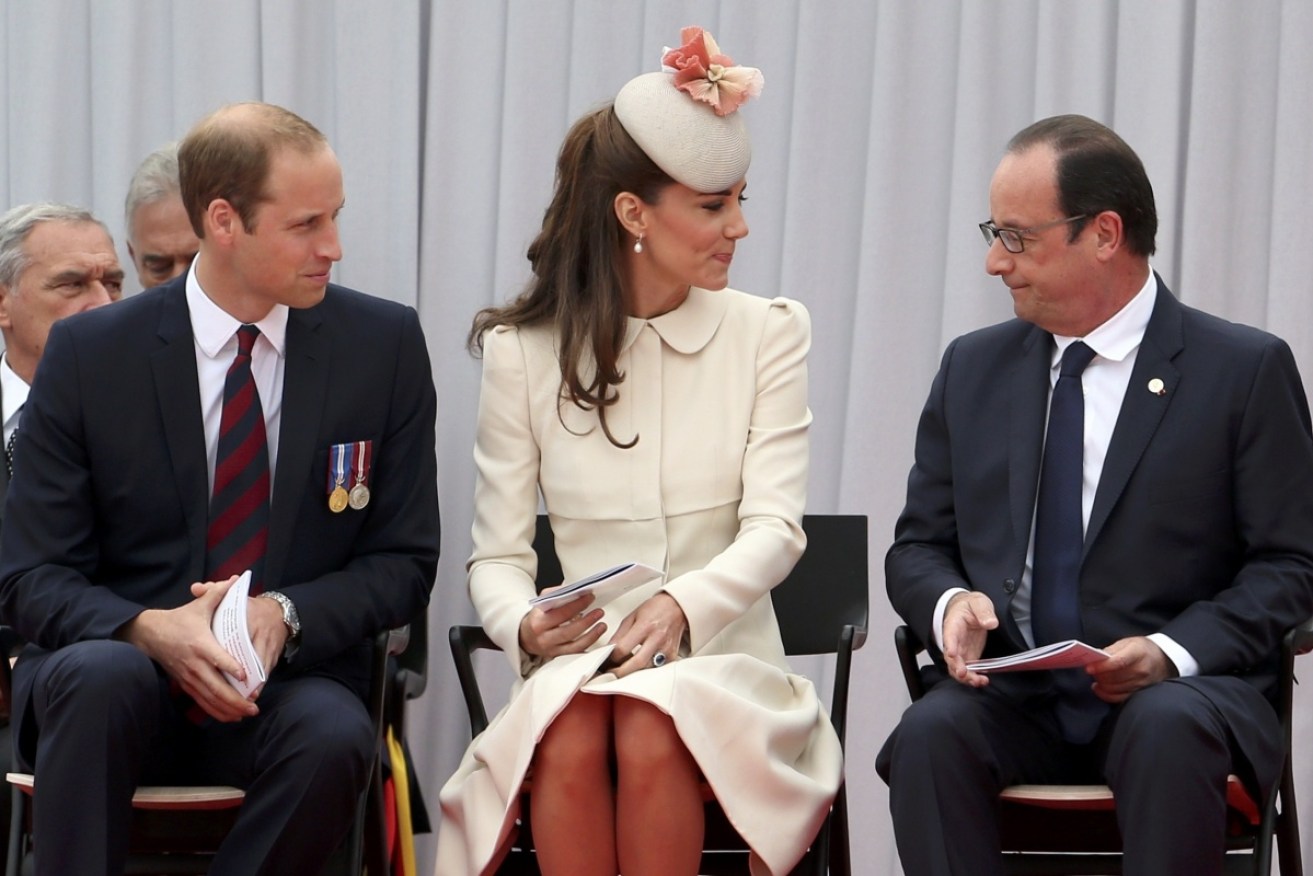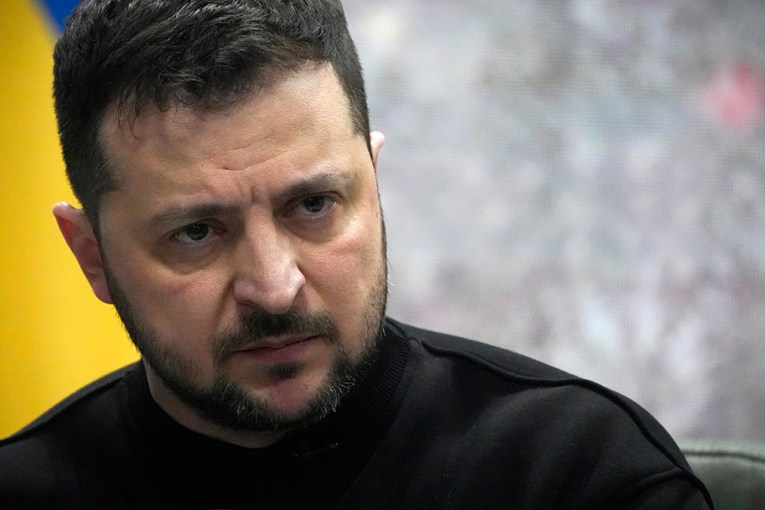Remembering the world’s ‘most cataclysmic event’

World leaders are commemorating the 100th anniversary of the outbreak of World War I, a small Balkans conflict that went global with the German invasion of neutral Belgium in August 1914.
In the Pacific, Prime Ministers Tony Abbott of Australia and John Key of New Zealand paid tribute to the tens of thousands of their countries’ soldiers who died far from home, ahead of ceremonies in Belgium and Britain.
• A century on: stunning pictures from The Great War
• Governor-General Peter Cosgrove says we’re slow to learn from the tragedy of war. Click the owl to find out why:
What is widely known as The Great War “was the most cataclysmic event in human history”, Abbott said, “and arguably gave rise to communism, to Nazism, to World War II and the Cold War.”
In Liege, a gritty industrial town in eastern Belgium, security was extremely tight on Monday, with access to the ceremonies closely guarded.
In the centre, all streets leading to the great square and town hall were cordoned off, with a heavy police presence.

Belgium’s King Philippe greets a young girl during the WWI commemoration. Photo: Getty
Belgium’s King Philippe led the dignitaries who include Britain’s Prince William, Spain’s new monarch Felipe VI, French President Francois Hollande and his German counterpart Joachim Gauck, plus other heads of state and representatives of the more than 80 countries invited.
In the early days of August 1914, Liege put up ferocious resistance against the invading German forces, delaying them just long enough to derail Berlin’s quick-victory war plans.
Reduced to rubble, Liege’s bravery was such that France awarded the city the prestigious Legion d’Honneur and the battle remains a source of national pride to this day.

Belgian veterans mark the outbreak of WWI
It was the German invasion of Belgium that brought Britain into the war, the last link in a chain of interlocking alliances that were meant to preserve the peace but instead plunged Europe into the abyss.
The rest is history – 10 million troops dead, 20 million injured, millions of civilian victims, empires toppled, the world remade.
The main ceremony in Liege is at the Allied War Memorial of Cointe, overlooking the city where a tower complex sits beside a weathered grey-stone church with a massive cupola, streaked green and brown after many years.
On Sunday, the 100th anniversary of Germany’s declaration of war on France, Hollande and Gauck remembered 30,000 soldiers killed fighting over the rocky peak of Hartmannswillerkopf, in the French border province of Alsace.
Sharing a common theme, they recalled the sacrifices made but also celebrated their countries’ friendship and the reconstruction of Europe after World War II.
• No honour in commercialisation of ‘Disney Diggers’
Such reconciliation was a lesson for all, Hollande said, citing current conflicts raging in Gaza, Ukraine and beyond.
After Liege, it is the turn of Mons on the French border, scene of a do-or-die rearguard action by the first British troops committed to the war as London and Paris scrambled to prevent a German breakthrough in late August.

Britain’s Prince William and wife Kate speak with French President Francois Hollande. Photo: Getty
Prince William, his wife Kate, along with Prince Harry and Prime Minister David Cameron will led tributes in Mons where the first British soldier died.
It was here, too, that the last British soldier was killed on November 11, 1918, the very day of the Armistice that ended hostilities after four bloody years.
The Mons ceremony focused on the small military cemetery of St Symphorien, where 229 Commonwealth and 284 German solders were buried together in a gesture of reconciliation even as the fighting raged.
St Symphorien “is a uniquely fitting place for us to gather in a spirit of common remembrance,” the Commonwealth War Graves Commission said.
“On land donated by a Belgian, in a cemetery first built by the German army and now cared for by the CWGC, the fallen from both sides of the conflict lie together at peace. Today we remember them all.”
Britain, which declared war on Germany on August 4, 1914, held its own World War I commemorations, including a parade of 40 cars from the 1900s and a candlelight vigil in Westminster Abbey.
– AAP







